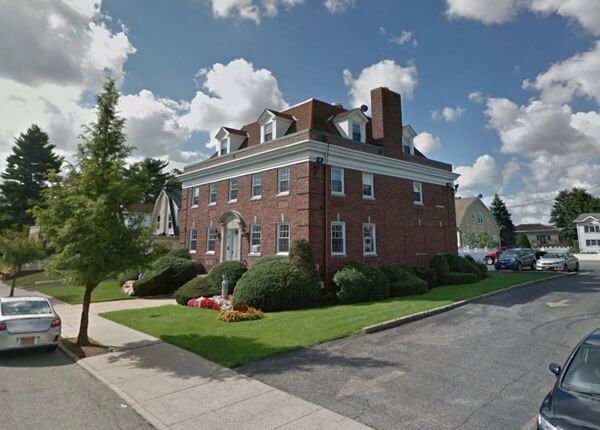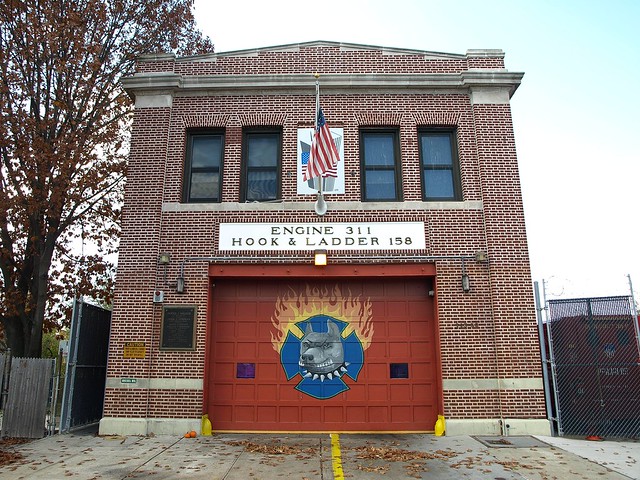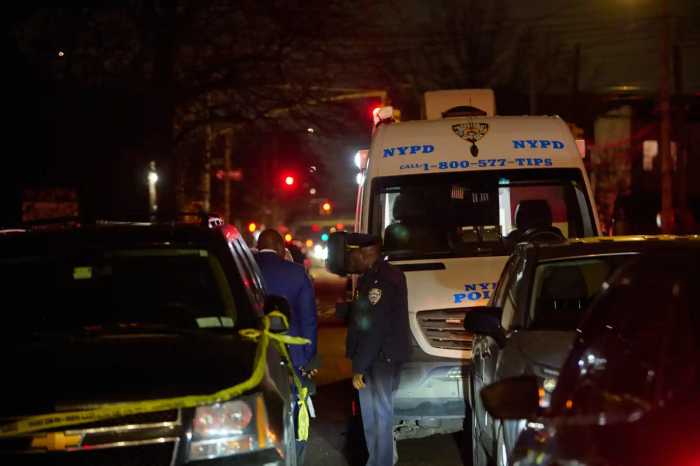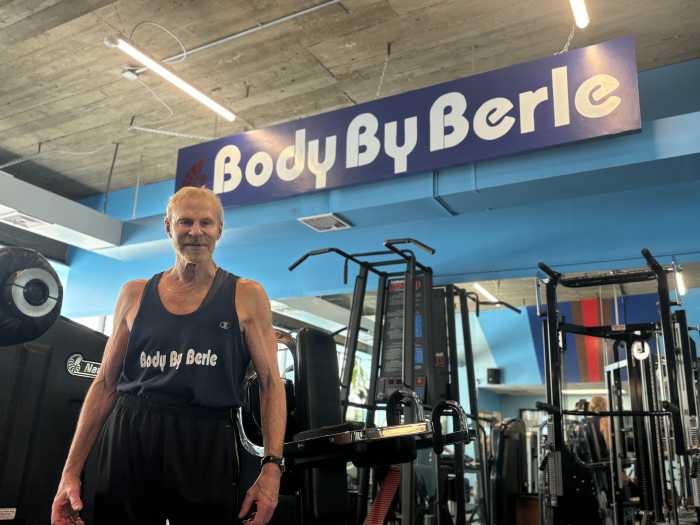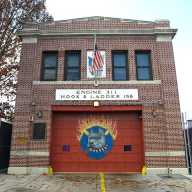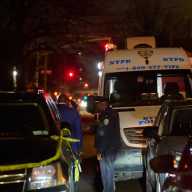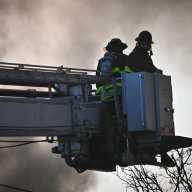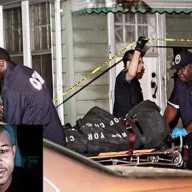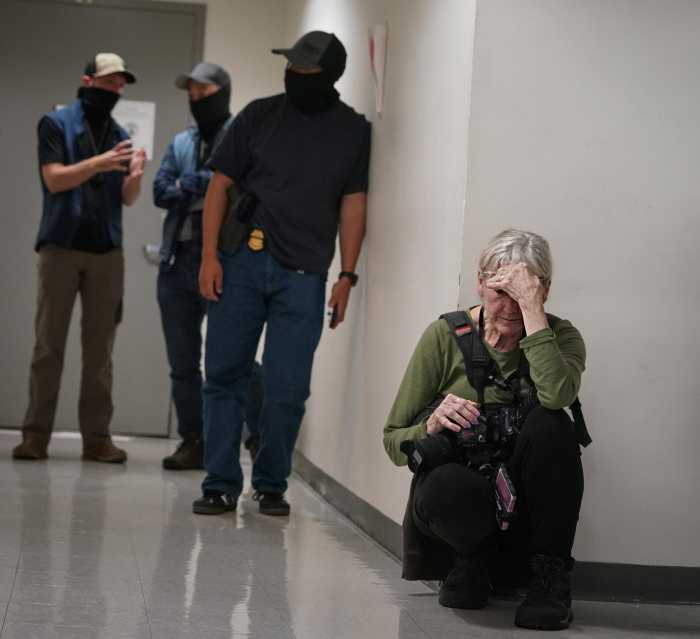By Mark Hallum
Community Board 11 approved the proposal for a new group home in Douglaston to assist people in the community who are developmentally challenged with life skills to live independent and productive lives.
CB11 approved the motion to allow Services for the UnderServed to operate out of a former rectory at 45-14 245th St. owned by St. Anastasia with a nearly unanimous vote and will assist eight individuals with day-to-day living.
“People get training everyday on how to take care of their home, how to take care of themselves and how to become productive citizens in the community,” Doris Figueroa, senior vice president of developmental disabilities services at SUS, said. “We try to keep [the residents] with the community. Their families are from Queens. We try not to relocate them if there’s not a need.”
SUS has several similar facilities across the city. Figueroa said the eight residents are being moved from another facility that is larger, but lacks some of the accessibility standards needed for the residents.
About $450,000 will be spent renovating the former church annex since the building will need to be made more accessible to people with special needs, including upgrades to the kitchen, bedrooms and doorways. SUS is currently in lease negotiations with St. Anastasia, but hopes to be in operation within a year to serve four men and four women from other parts of the borough.
The facility is about 3,000 square feet with two floors.
Although the motion passed CB11’s Group Homes and Community Facilities Committee unanimously, it was met with some criticism from board member Stephen Pivawer, who had wanted a more senior leader in the organization to attend the Monday meeting. He also requested SUS provide financial reports to the community board showing what the funds for the organization, which comes from the state, are used for.
Pivawer voiced concerns over funds going only to salaries and not to the people living in the facility.
“He’s looking at the financials, he’s looking at the tax returns and asking how much money goes to salaries, which is public record,” Steven Myricks, director of Facilities Administration, said. “But what I don’t think he takes into account is how much money it takes to take care of an individual who can’t take care themselves.”
Myricks explained the facility will have to hire a variety of specialized staff to care for the residents on a 24/7 basis.
He said the main public concern regarding facilities for the mentally challenged stems from the Willowbrook State School scandal in which a Staten Island facility for intellectually disabled individuals was exposed by reporters for keeping residents in extremely negligent conditions.
U.S, Sen. Robert Kennedy, in the 1960s, once toured the Willowbrook facility and described overcrowded and filthy conditions in which residents were forced to live.
Hepatitis A outbreaks were common in Willowbrook. At its height, Willowbrook housed 6,000 residents with a capacity of only 4,000.
Willowbrook was closed by the early 1990s.
“Everybody said, ‘No, humans can’t live like this.’ And that’s when they started giving awards and funding to not-for-profits to provide smaller environments where they can actually integrate back into the community, have better services and better care,” Myricks said.
The Douglaston facility will be subject to yearly state inspections.
Reach reporter Mark Hallum by e-mail at mhall

